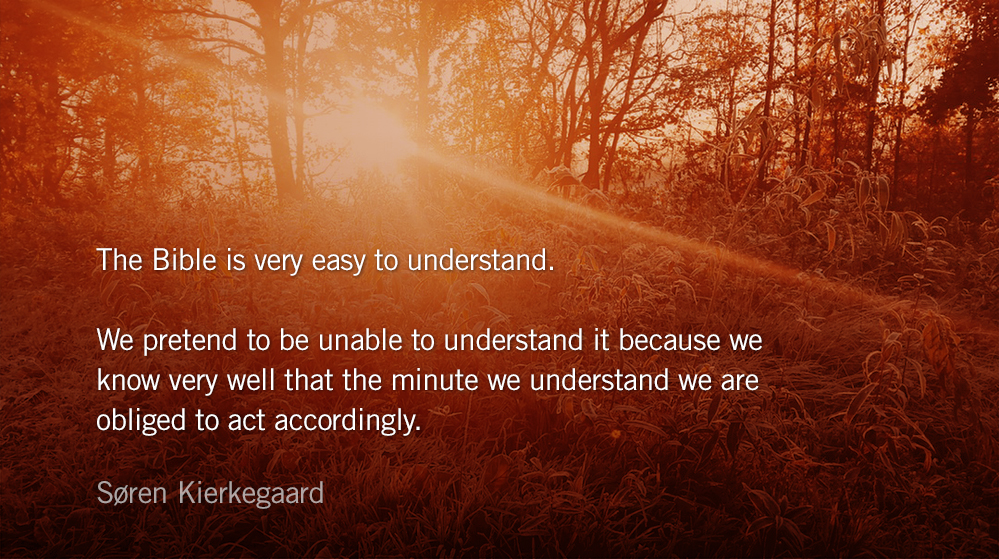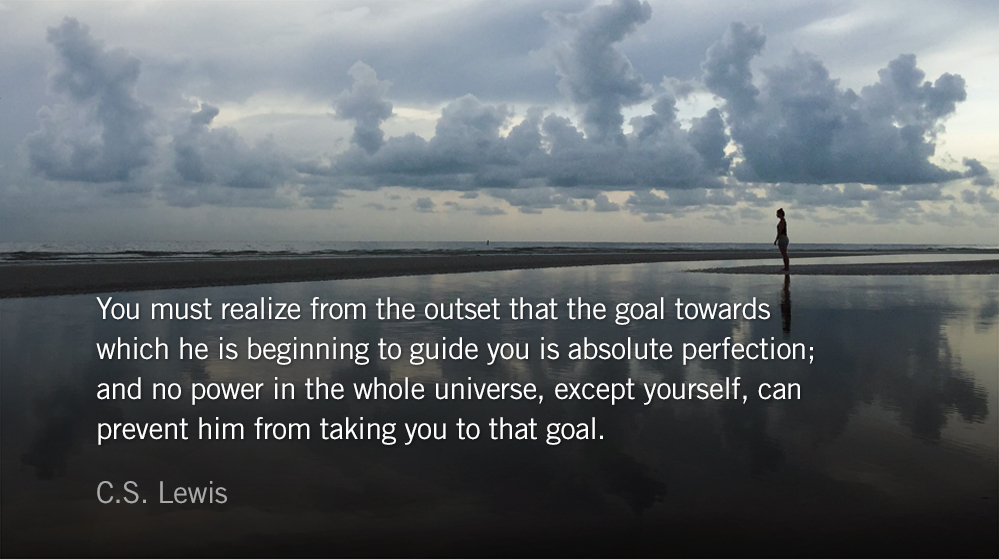Scripture: 1 Corinthians 2:1-2
I did not come with eloquence or human wisdom as I proclaimed to you the testimony about God. For I resolved to know nothing while I was with you except Jesus Christ and him crucified.
Reflection: Paul’s Anti-Anti-Intellectualism
By John Tillman
Paul’s words in the second chapter of 1 Corinthians have often been misinterpreted. Some take them to mean that we need not concern ourselves with education, or reading, or study, or aesthetics—that we need not work to make worship or preaching a work of art, that we need not hone our logical mind, or use our analytical intelligence to seek and find God’s truth. It is always tempting for us to use spirituality as an excuse for our own laziness—intellectual or otherwise.
Even the original temptation in the garden was one involving knowledge without work. Just eat, said the snake, and you’ll be as wise as the maker. No need to continue in your boring tasks of Taxonomy or Botany. No need to labor to care for the earth. Just take knowledge you didn’t work for.
Those who disdain intellectualism like to make much of the fact that many of the Apostles were “unschooled men.” But the entire point of mentioning that the leading disciples had little formal training was the surprising fact that they argued well, with intellectually compelling logic and scripturally sound reasoning.
The New Testament is composed primarily by the two leading intellectuals of Jesus’ followers — Paul, the accomplished Pharisee and Luke, the Doctor. Paul was so famously intellectual that Peter said he was difficult to understand, and Festus accused him of going mad from too much reading and study.
Inspiration of the Spirit is not an excuse to neglect one’s homework, but neither does spiritual discipline stop with the intellect. It must have an emotional connection as well. John Piper says, “If a person doesn’t move from intellectual awareness of God and right thinking about God to an emotional embrace of God, he hasn’t loved God with his mind.”
Being without eloquence, wisdom, or knowledge—these aren’t markers of spiritual fervor. Being dry and distant from emotion is not a marker of superior discipleship. Paul did not mean he did not possess intellectual rigor, education, the wisdom of experience, and superior communication skills. He obviously possessed all of these traits.
Paul’s intent was that developing faith should not be dependent on the eloquence of a speaker or the artfulness of argumentative tactics. It is not an apologist who “wins” you to Christ, it is the power of the Gospel itself. We must indeed learn to be wary of worldly philosophies, but we must do so without casting aside spiritual and intellectual disciplines.
The Call to Prayer
Love the Lord, all you who worship him; the Lord protects the faithful, but repays to the full those who act haughtily. — Psalm 31.23
– From The Divine Hours: Prayers for Summertime by Phyllis Tickle.
Full prayer available online and in print.
Today’s Readings
1 Samuel 20 (Listen – 6:42)
1 Corinthians 2 (Listen – 2:26)






